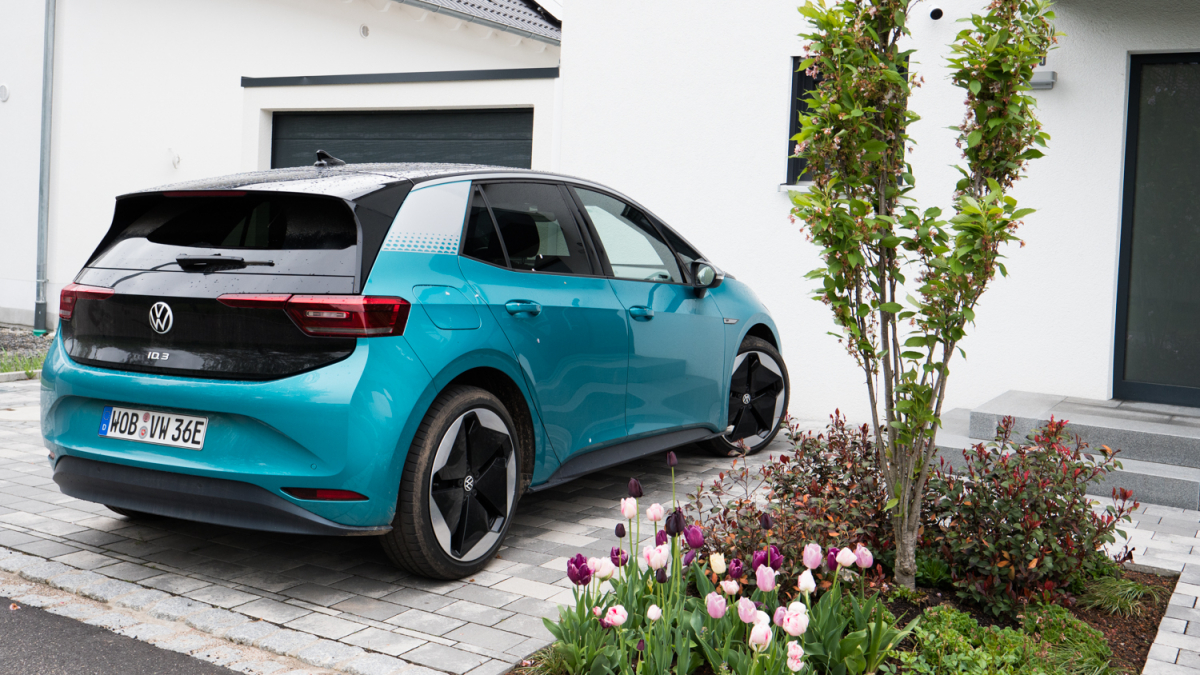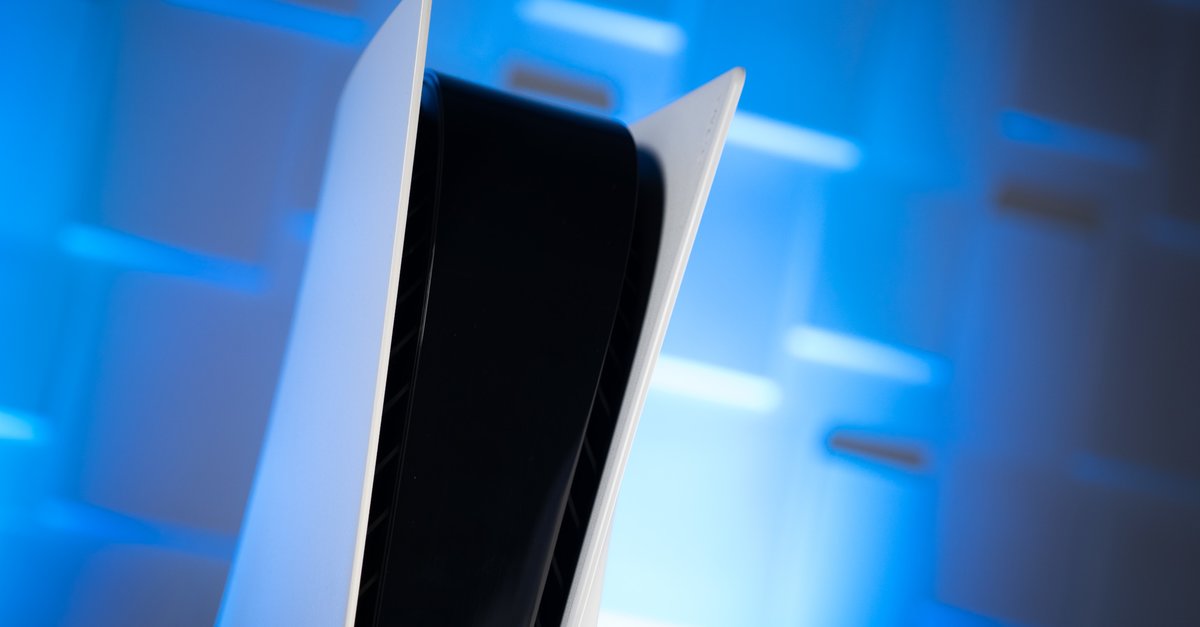Every sixth electric car worldwide comes from German car manufacturers
E-cars from German manufacturers are becoming increasingly popular, a PwC study showed. In terms of supply and demand, however, China dominates.
Every sixth electric car worldwide now comes from a German manufacturer. According to a market study by the management consultancy PwC, the proportion of fully electric vehicles increased to 17 percent in the second quarter, and to 50 percent for plug-in hybrids. The VW Group, BMW and Mercedes-Benz sold a total of 246,000 battery cars and around 370,000 plug-in hybrids in the first half of the year. According to PwC, the market for fully electric cars is currently still dominated by Chinese and US manufacturers.
By far the greatest demand for fully electric electric vehicles is therefore in China: 980,000 e-cars and 212,000 plug-in hybrids were registered there in the first half of the year. In the second quarter, the proportion of purely battery-powered vehicles rose to more than eleven percent and was ahead of the European core markets with eight percent.
“In a global comparison, 58 percent of e-car purchases in this period were on the Chinese market,” wrote the industry experts. The People’s Republic is setting the course for e-mobility in order to “position itself as one of the leading high-tech nations and at the same time improve the quality of life of its own citizens by reducing environmental pollution”.
In Germany, with 84,000 new registrations in the second quarter, the Stromer almost caught up with the plug-in hybrids with a good 85,000 new registrations. Together their market share in the first half of the year was 23 percent. PwC industry expert Felix Kuhnert said the growing range of products offered by manufacturers and the government’s purchase premiums for e-cars and charging boxes are important levers.
In the USA, on the other hand, Stromer and plug-in hybrids combined only made up three percent. However, the incentives planned by President Joe Biden, increasing environmental awareness and technological advances could change that.
Volkswagen wants to use this ramp-up of e-mobility and digitization in the important US market to steal market share from the competition. The expansion of the range of electric models in the United States is a great opportunity six years after “Dieselgate”, said CEO Herbert Diess. “With the beginning of electrification, we are in a situation in which everyone starts with a blank sheet of paper.” The target would be ten percent market share. With the Chattanooga location, VW is the first manufacturer to convert a plant to e-production. “We should therefore be able to reposition ourselves in this environment. We will revise the US strategy in the next few months. “
One is “optimally prepared” for stricter rules on CO2 emissions, said Diess. The infrastructure plan named after Biden will also be tightened across the Atlantic. “With our platform strategy for electric vehicles, we are very well positioned globally – for China and the USA as well as for Europe.”
Daimler, too, had recently set itself much more ambitious goals for the breakthrough of its own e-fleet and, for the core car brand Mercedes-Benz, also announced that it would soon say goodbye to the internal combustion engine. According to its boss Ola Källenius, however, the transformation will cost the Stuttgart group jobs. “You also have to be honest with people: assembling an internal combustion engine involves more work than building an electric axle,” said Källenius of “Welt am Sonntag”. “Even if we were to build the entire electric drive train ourselves, we will employ fewer people by the end of the decade.” But there are also new, high-quality jobs in the course of the changeover.
In view of the market ramp-up in almost all core markets, delivery problems for chips and batteries would come at an inopportune time, said PwC strategy consultant Jörn Neuhausen. In addition, the renewable power sources would have to be expanded quickly in order to actually exploit the advantage in terms of CO2 emissions compared to conventional drives. dpa



